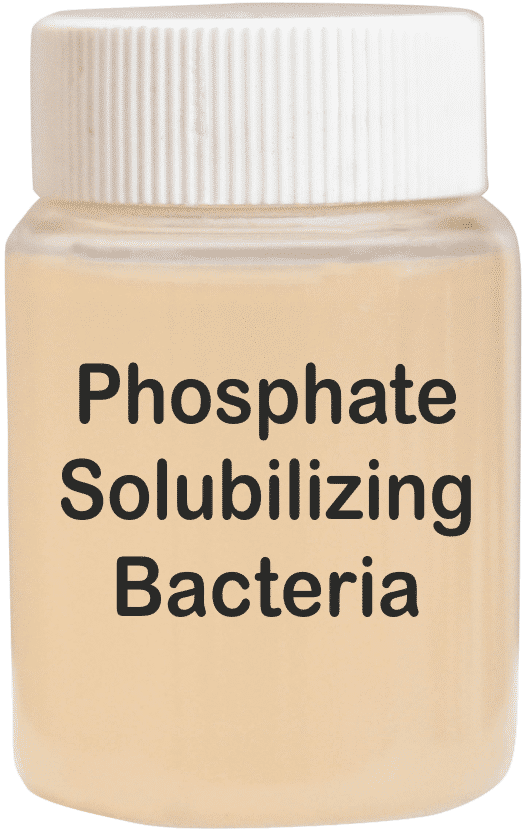
Phosphate Solubilizing Bacteria
Product Details:
- Classification Organic Fertilizer
- Chemical Name Other
- Type Other
- Physical State Liquid
- Application Agriculture
- Click to view more
Phosphate Solubilizing Bacteria Price And Quantity
- 250.0 INR/Kilograms
- 100
Phosphate Solubilizing Bacteria Product Specifications
- Other
- Other
- Liquid
- Organic Fertilizer
- Agriculture
Phosphate Solubilizing Bacteria Trade Information
- 5000 Per Month
- 01 Week
- No
- Free samples are available
- All India
Product Description
Phosphorus, second only to nitrogen, is one of the most crucial mineral nutrients limiting crop growth. It is essential for plant development and growth but is often insoluble and unavailable to plants. Consequently, the amount of phosphorus accessible to plants is typically a small fraction of its total presence in the soil. Phosphate Solubilizing Bacteria (PSB) play a vital role by converting insoluble phosphates into soluble forms, making phosphorus available to plants, and enhancing crop growth. They secrete organic acids and enzymes that dissolve bound phosphates, improving nutrient uptake and promoting plant health. PSBs are crucial for sustainable agriculture, reducing the need for chemical fertilizers, enhancing root development, increasing crop yield, and supporting environmentally friendly farming practices. By harnessing PSB, farmers can achieve better productivity and contribute to ecological balance.
 English
English Spanish
Spanish French
French German
German Italian
Italian Chinese (Simplified)
Chinese (Simplified) Japanese
Japanese Korean
Korean Arabic
Arabic Portuguese
Portuguese
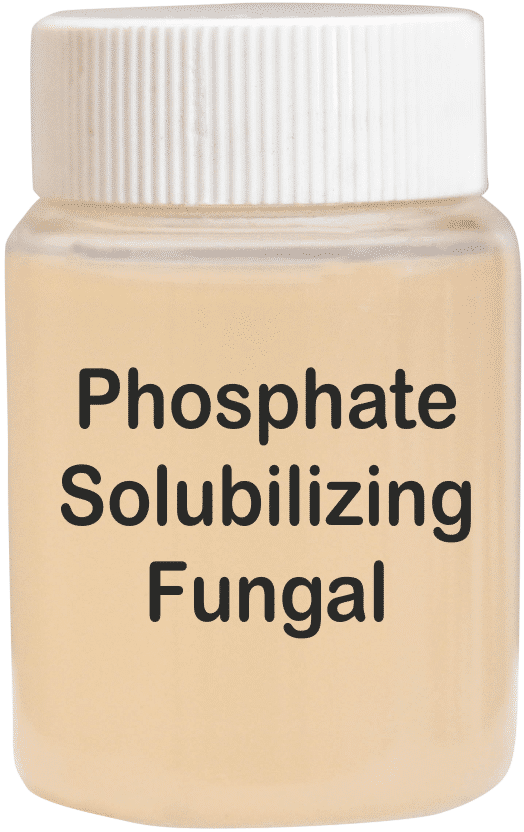
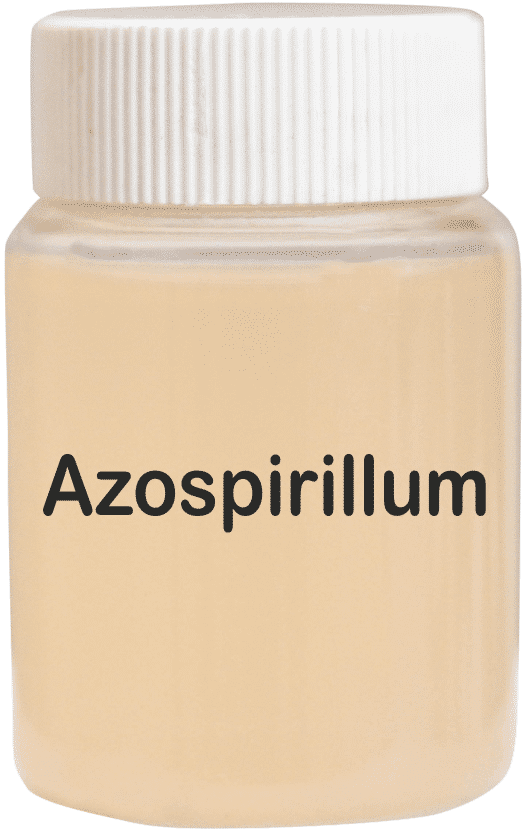
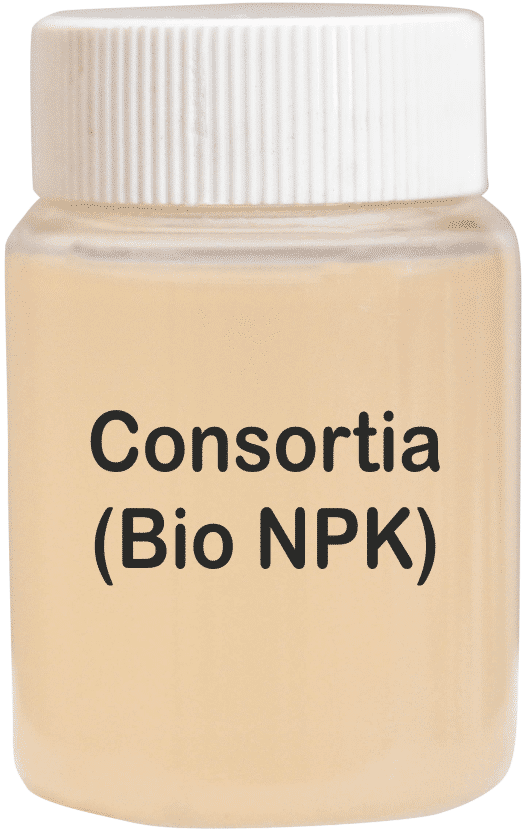
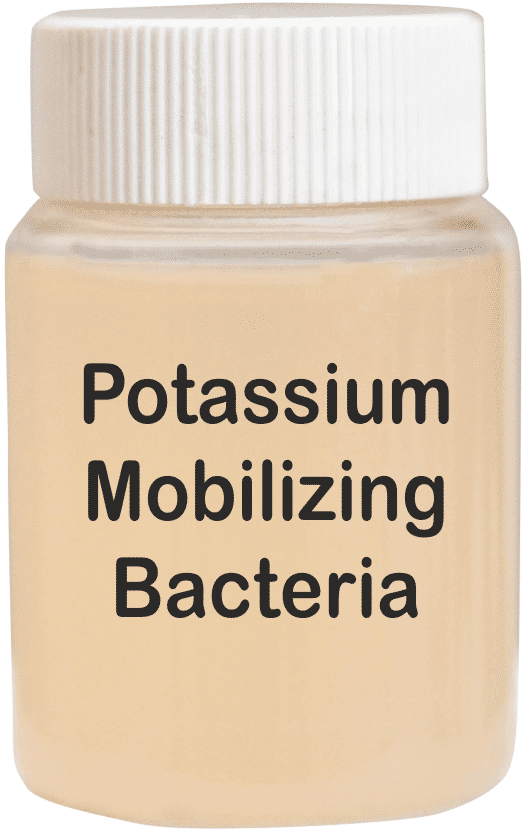
 Call Me Free
Call Me Free